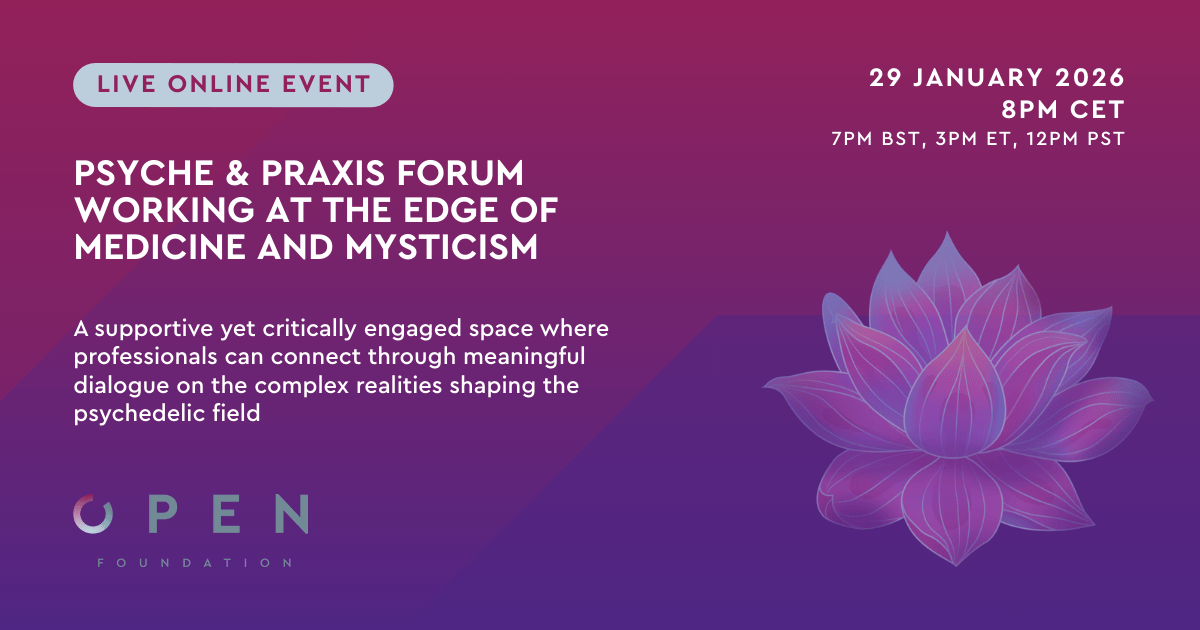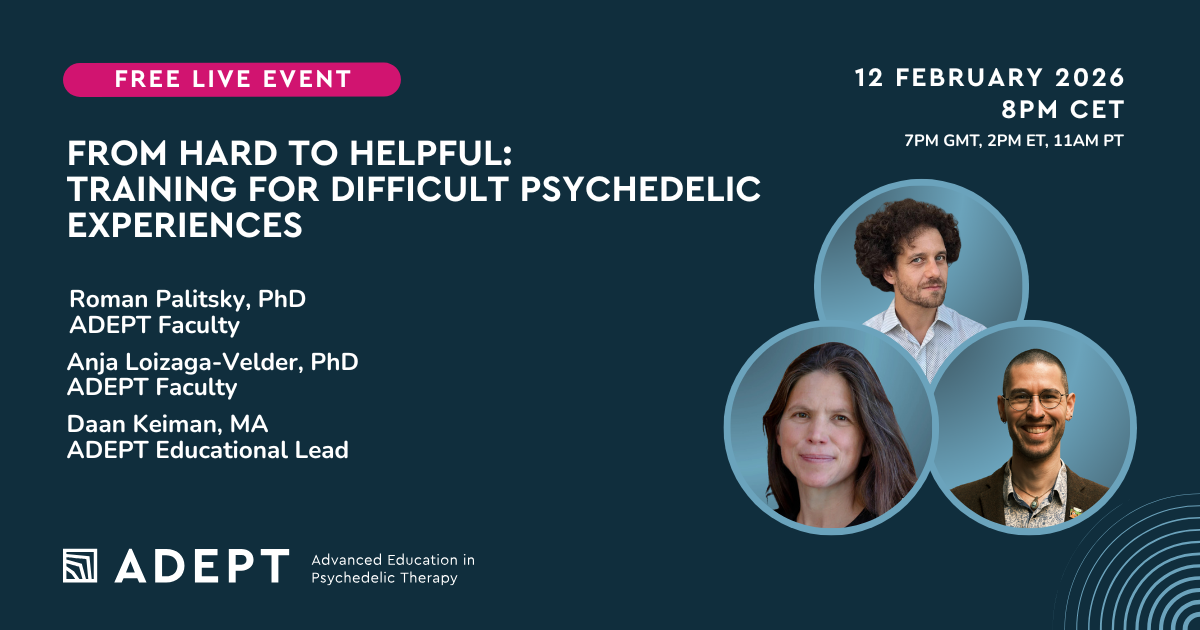Abstract
To identify patients’ perceptions of the value of psilocybin as a treatment for depression.
Twenty patients enrolled in an open-label trial of psilocybin for treatment-resistant depression participated in a semistructured interview at 6-month follow-up. Thematic analysis was used to identify patients’ experiences of the treatment and how it compared with previous treatments.
Two main change processes were identified in relation to the treatment. The first concerned change from disconnection (from self, others, and world) to connection, and the second concerned change from avoidance (of emotion) to acceptance. A third theme concerned comparison between psilocybin and conventional treatments. Patients reported that medications and some short-term talking therapies tended to reinforce their sense of disconnection and avoidance, whereas treatment with psilocybin encouraged connection and acceptance.
These results suggest that psilocybin treatment for depression may work via paradigmatically novel means, antithetical to antidepressant medications, and some short-term talking therapies.
Watts, R., Day, C., Krzanowski, J., Nutt, D., & Carhart-Harris, R. (2017). Patients’ Accounts of Increased “Connectedness” and “Acceptance” After Psilocybin for Treatment-Resistant Depression. Journal of Humanistic Psychology, 0022167817709585.











